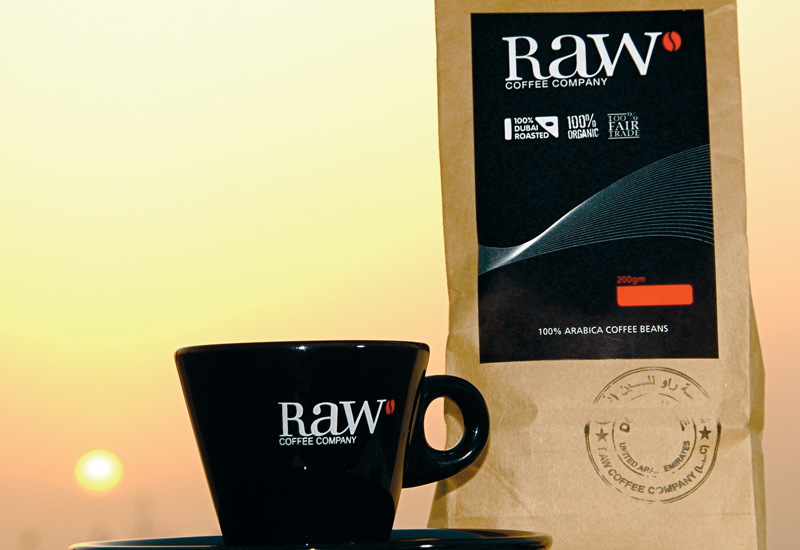In the financial downturn, can outlets afford to have a food conscience?
The regional demand for organic and fair trade produce will slide during the economic downturn, according to a study conducted by global information publisher Euromonitor International.
“Sales of organic, sustainable, fair-trade and other types of ethical goods have grown rapidly in recent years on the back of robust economic growth, but with consumers being squeezed, this growth may prove ephemeral,” noted the report.
“Lacking both the potential health benefits and taste differentiation of organic offerings, fair trade products are likely to be among the worst affected.”
Grosvenor House Dubai executive chef Garry Hollihead said he had “no doubt” consumer interest in such items would decrease in future.
“It really is a shame, but it’s difficult for people here because you have to get all the fresh produce flown in and it’s pricey,” he said.
“Good fresh food here is expensive, so people are cutting out the organic side. I always used to buy organic back in the UK, but there you have farmers’ markets and so on; you can’t do that here.”
Nils El Accad — chief executive of Organic Foods and Café , which recently opened a flagship store in Dubai Mall — said the organic and fair industry could not avoid being affected by the global downturn.

| Advertisement |
“There are many aspects we’ve had to look at, such as cutting costs for our customers,” he said.
“Our plan is to continue to listen to what our customers want. We actually have the advantage that we’re small enough to do that; we can be flexible and quickly adapt to the situation. But we have to accept that the region’s F&B industry will be impacted, particularly organic and fair trade food.”
However Raw Coffee Company owner and managing director Kim Thompson said buying fair trade was “more about us as a supplier than our expectations of the needs of the consumers”.
“We were pretty naive about the importance of fair trade until we looked into the economics and politics of coffee,” she said.
“Once we found out more, including the tricks some big players use to promote their products, we decided we would always support fair trade.”
Raw Coffee’s New Zealand-based coffee broker provides the company with a fair trade, organic product, sourcing beans from countries including Ethiopia, Peru, Colombia, Timor and Mexico.
“We do pay premium prices and then pay extra for shipping, but we really do have an awesome product,” said Thompson.
“We’re often offered much cheaper green beans which we could bulk out our coffee with and increase our profit margin — but it isn’t about that for us. Once you’ve been educated about ‘fair’ trade you can’t forget it; you have an ethical responsibility to do what’s right.”









 Search our database of more than 2,700 industry companies
Search our database of more than 2,700 industry companies









